
Ministry of Education
Directorate of National Science Centre
Directorate of National Science Centre (DNSC) is mandated with the responsibility of promoting and upgrading the teaching and learning of Science, Technology, Engineering and Mathematics (STEM) subjects. The Directorate engages in various activities that include; research, in-service training of STEM teachers & teacher educators, co-ordination of STEM subject associations, designing & installing Laboratories, provision of library services, production of supplementary reading materials as well as low cost teaching & learning aids.
The Knowledge Co-Creation Program (KCCP), a JICA initiative, facilitates global knowledge exchange and capacity building by fostering collaborative learning and partnerships. Focused on enhancing teacher skills and promoting sustainable development practices, the program empowers participants to address local and global challenges effectively.
Learn MoreProduction Units (PUs) are school-based initiatives integrating practical skills and entrepreneurship into education. Their purpose is to equip learners with hands-on experience, foster innovation, and promote sustainable economic growth by linking education to real-world productivity, preparing students for careers and contributing to national development.
Learn MoreMonitoring and Evaluation (M&E) in education is a systematic process to track progress, assess outcomes, and improve programs. Its purpose is to ensure effective implementation of educational initiatives, enhance learning quality, and inform decision-making for sustainable development and improved educational outcomes.
Learn MoreInfrastructure Development Unit (PSIDU) monitors and assesses the condition of school infrastructure. Its purpose is to ensure safe, functional, and conducive learning environments by identifying needs, planning upgrades, and overseeing construction projects, ultimately enhancing educational quality and supporting sustainable development in schools.
Learn MoreSchool-Based Assessment (SBA) is a continuous evaluation process conducted within schools to assess learners' academic progress, skills, and competencies. Its purpose is to provide holistic feedback, enhance learning outcomes, and support individualized development, ensuring students meet educational standards and are prepared for future challenges..
Learn MoreThe Junior Engineers, Technicians, and Scientists (JETS) program, established in 1968, promotes science, technology, and innovation among Zambian youth. Aligned with the Directorate of National Science Centre since 2017, JETS aims to develop skilled scientists and innovators to drive sustainable national development through research and education.
Learn More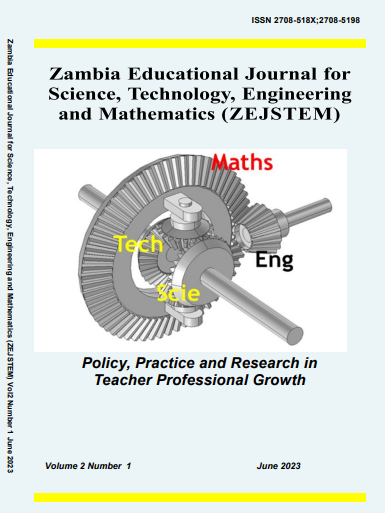
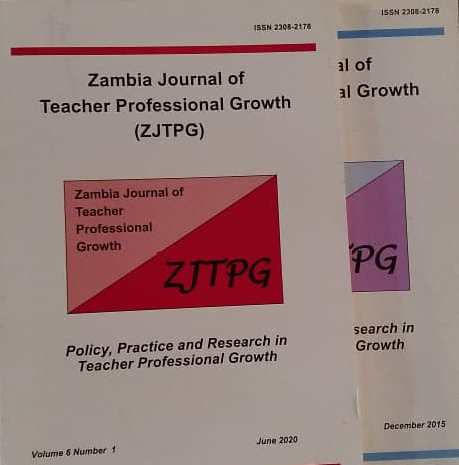
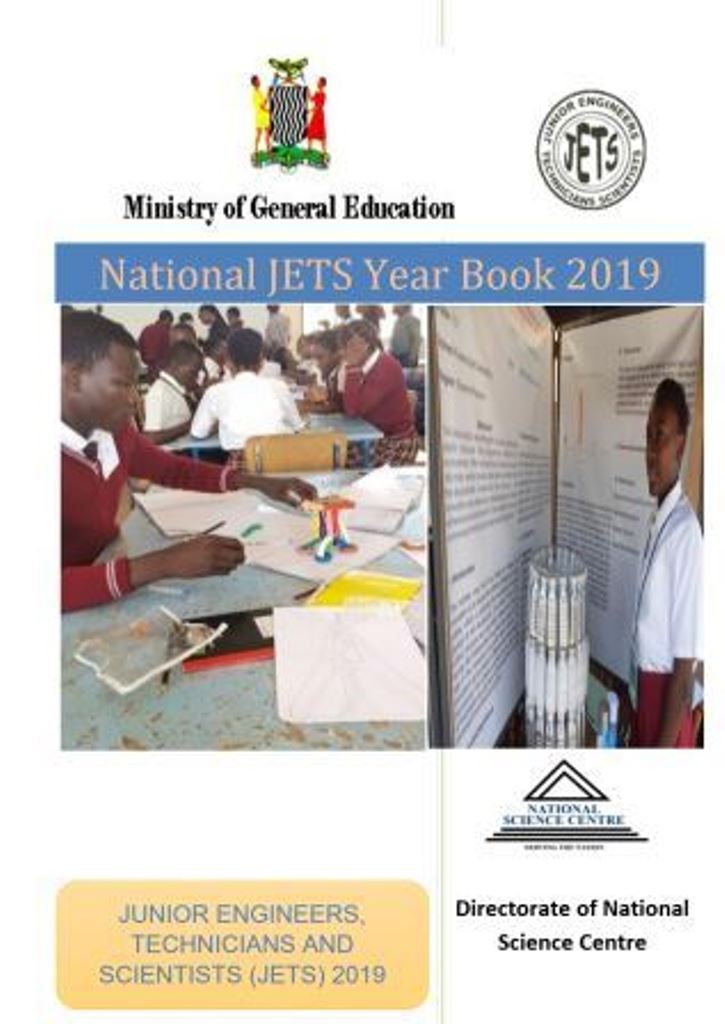
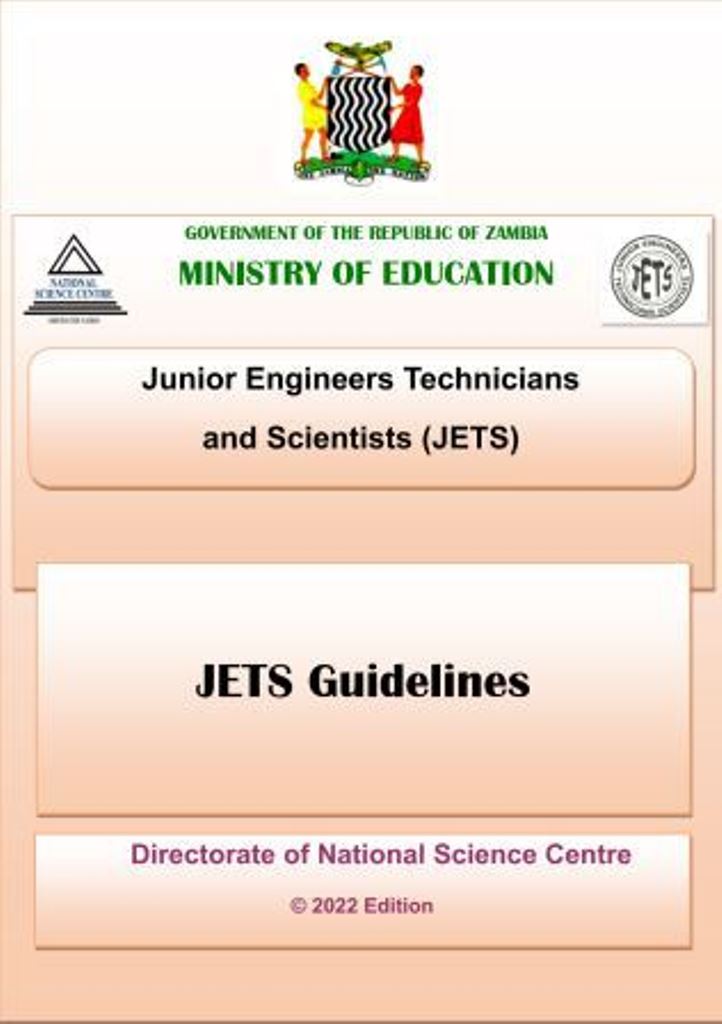


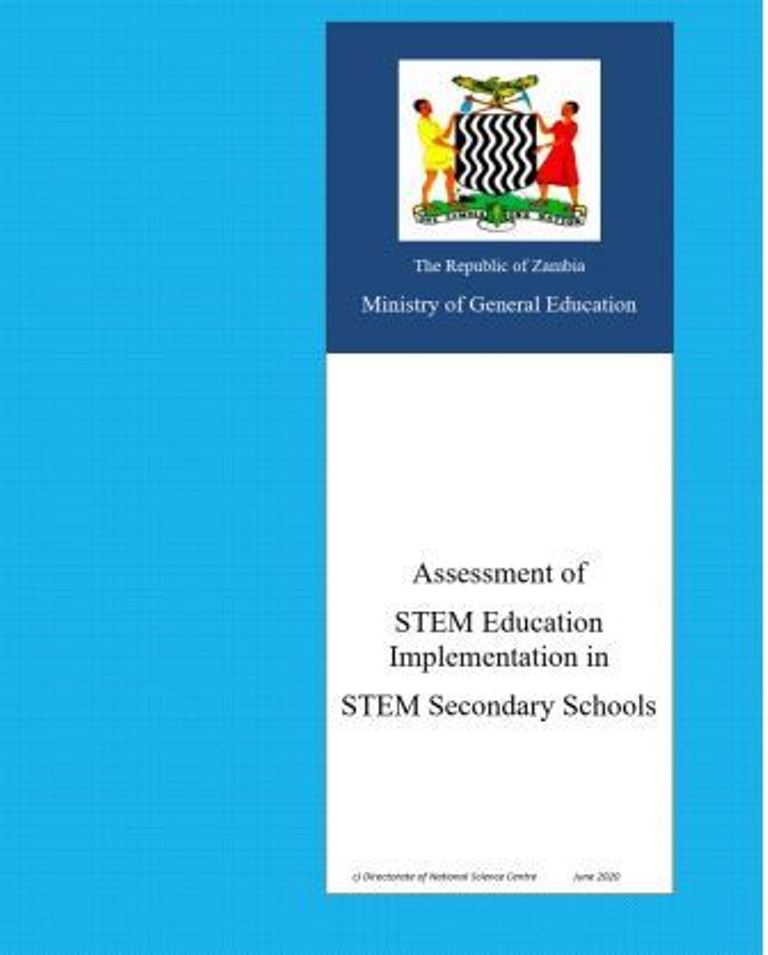
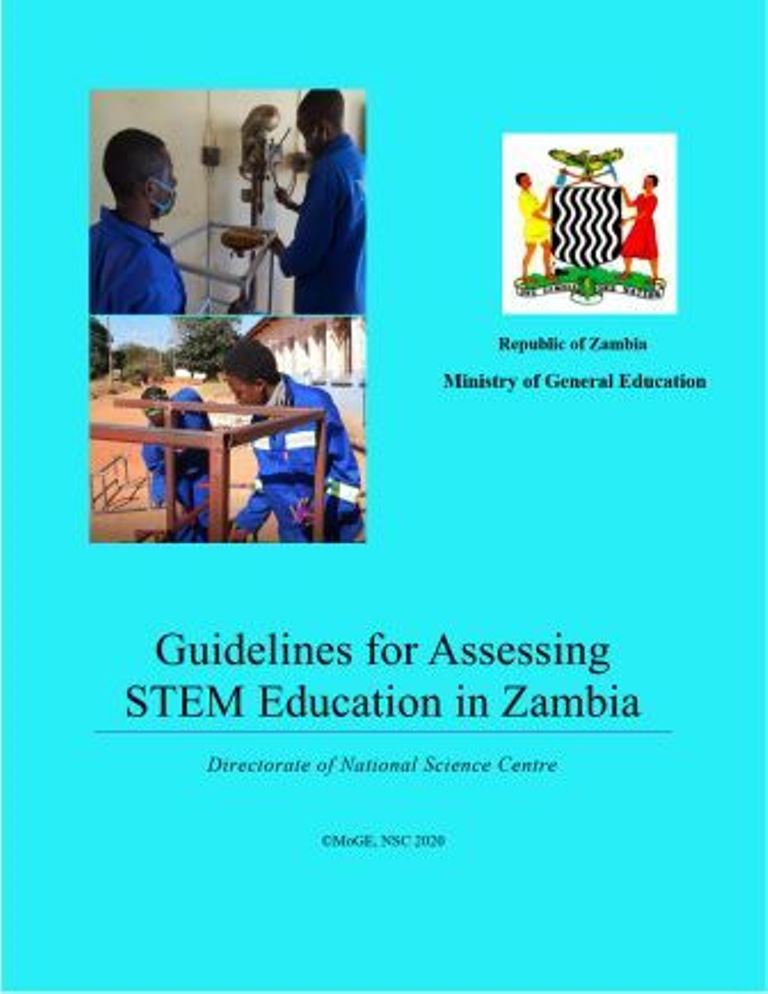
Our trainings and event schedules for 2025